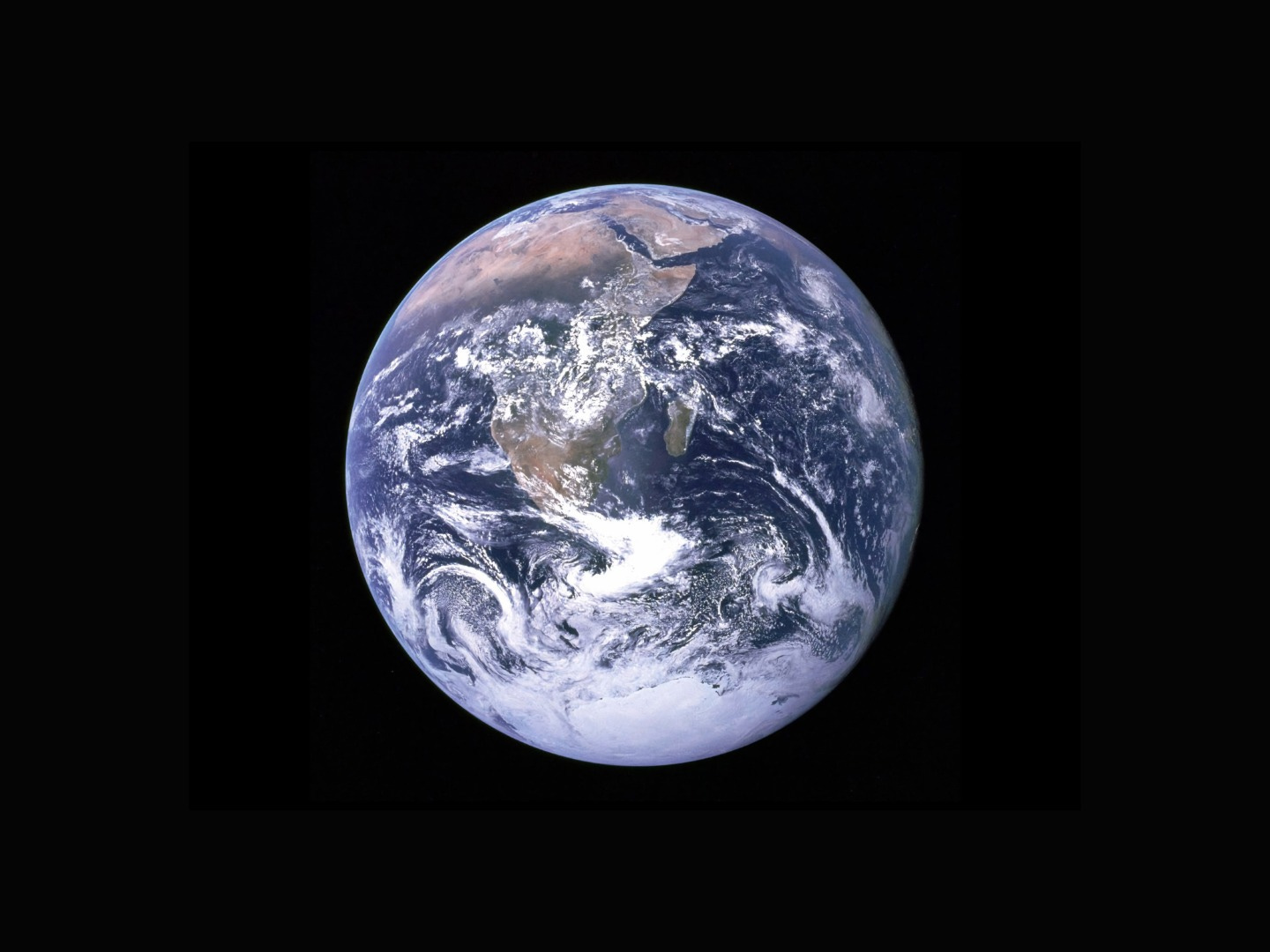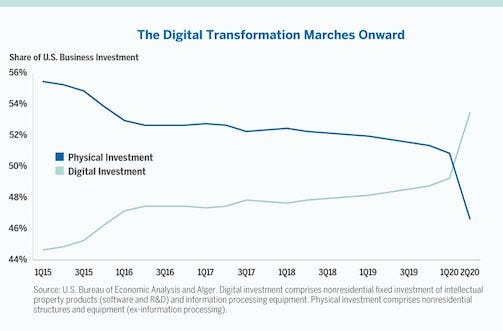Transmission #7: The End of HCD, Spreadsheet Parties, Smoking Prudes, and Haute Dystopia.
Design, ideas and other flotsam
Hello. Welcome.
This is Transmissions by me, Martin Brown. Father. Husband. Designer at Craig Walker and lecturer at RMIT. Marty to most.
This is an ongoing fortnightly newsletter that collates some of the more interesting stories, links, quotes and other curios that float my way.
If you’re new here, then sign up now to get more of these in your inbox, and don’t forget to tell your friends!
Design
Beyond Human Centered Design
SPACE10
It’s a point that’s been made before, but it’s worth mentioning again. Human Centred Design, having become the prevailing design philosophy of the past decade or so, is not a panacea for all the world’s ills.
Though HCD has been successful in shifting business mindsets towards creating better experiences for the users of products and services, this success has been in part due to the alignment of incentives. Well-designed products beget greater sales and more successful companies, which in turn leads to a renewed emphasis on that user, their needs and the designs that satisfy them.
So far so good, but there are externalities to that process that need to be addressed. And in this article, the team from IKEA’s Research/Design offshoot SPACE10, asks us to take a more ‘values-based’ approach - taking into account the needs of the broader planetary system.
They’re right. We do need to address the externalities outside of the purview of HCD. For this we need new design tools and methodologies. But we also need to align the economic incentives. And for this we need new pioneers, new entrepreneurs and new stories. We need a way to go beyond ‘values’ – which are always contested – into a new kind of faith and certainty. We need to believe that planet-centric design is really possible.
Ideas
A Brief History of Outdoor Knowledge Work
Tom Lee, Sydney Review of Books
Equal parts whimsical and profound, this piece of design fiction looks back from a far-future to an alternate world of 2020. It’s dense with sparkling details, like this: n a section entitled ‘Miscellany’, Lee notes a number of random events associated with the huts and his time working there. He speculates at length about the significance of one occasion where a series of white, lace tablecloths had been fitted over the tables in the huts and imagines an entire range of comparable cloths in different colours, made from materials with different affordances and with small compartments for the placement of his accessories.
Party in a Shared Google Doc
Marie Foulston, OneZero
Marie Foulston’s very funny piece captures, perhaps unintentionally, the crushing inability of digital experiences to replicate the joy and nuance of real-world encounters. Admittedly, it is a party in a piece of office software - but despite the low-resolution, for me it starkly illustrates just how much we’re missing when we try to substitute technology for real-world contact with others. (I’m quite enjoying being back at the office, BTW)
Quotes
“It’s easy to respect the rights of people we like or whose habits we enjoy; the test of a true liberal is whether they can do the same for those they disdain or whose habits they find repellant.”
- Jacob Grier, A Smoke-Filled Room of One’s Own
"Contra Harris and Zuboff, it seems that Mark Zuckerberg cannot sell me fucking socks, let alone purposefully/significantly change my politics or self-concept."
- Lee Vinsel, You’re Doing It Wrong: Notes on Criticism and Technology Hype
Other
Some wild dystopian/tech fashion (ht @Diverge Weekly): Hamcus, Demobaza, Guerilla Group.
And for some real-world dystopia, here’s how nurses are trying to comfort isolated patients in a Brazilian Covid isolation ward. Two disposable gloves tied, full of hot water, simulating impossible human contact (ht @nmannathukkaren)
Chart of the week (ht @morganhousel)
This brutal UI from a World War I German submarine is how I feel about the Amazon.com homepage. (ht @Rainmaker1973)









